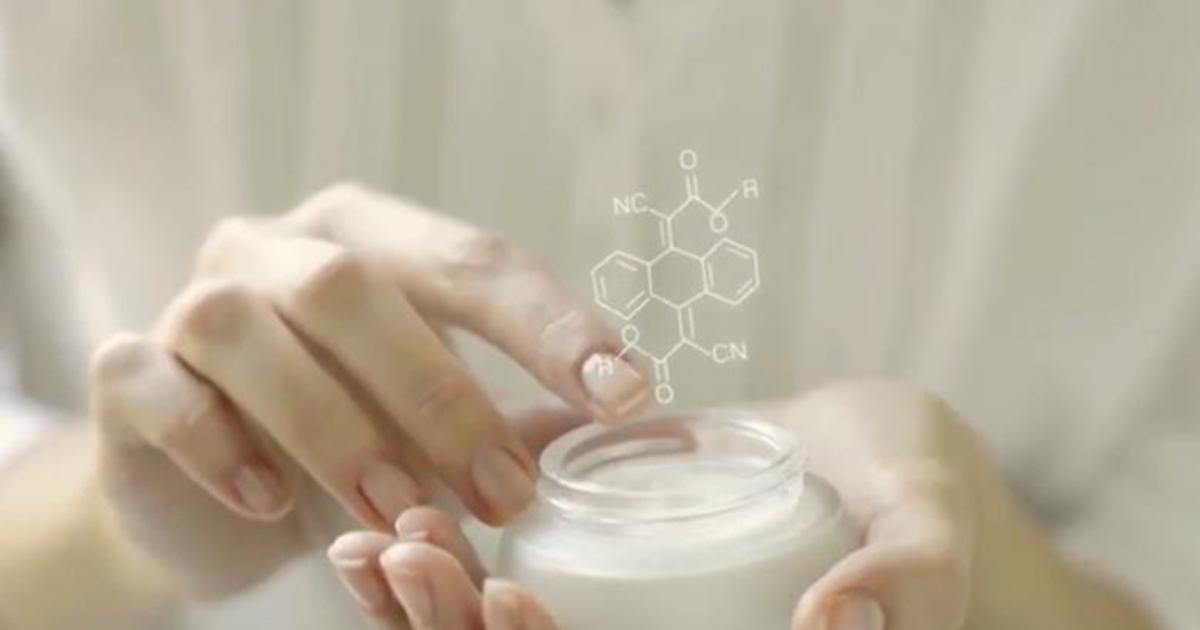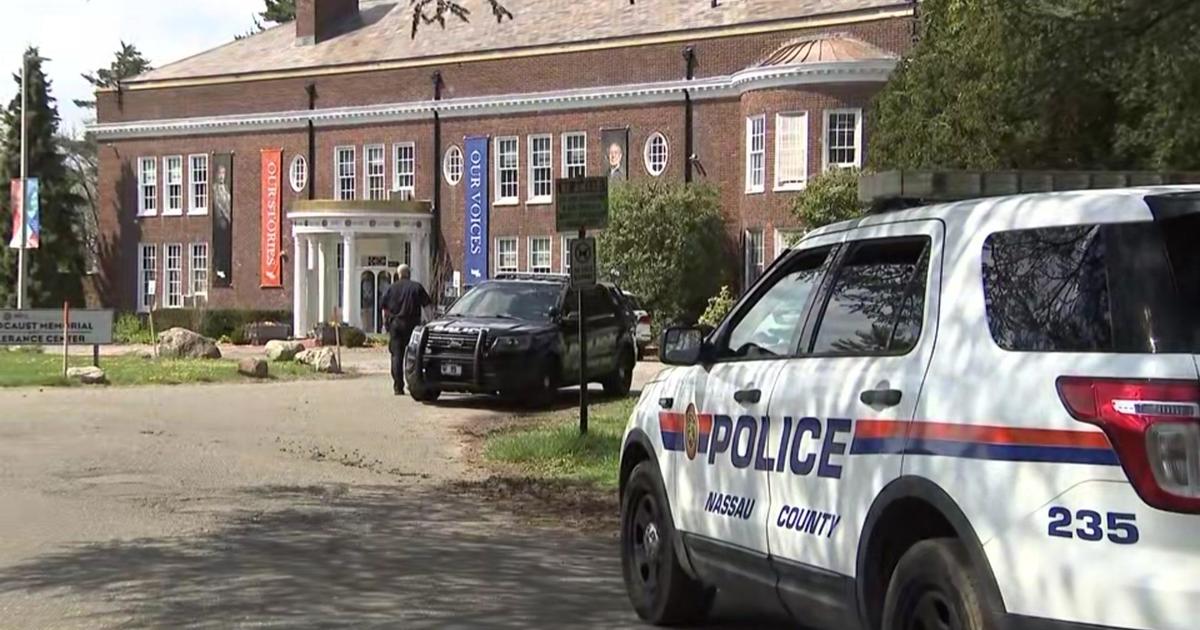Molecule Could Be Used For Safe, Effective Anti-Aging Treatment; Harvard Researcher Says
NEW YORK (CBSNewYork) -- Would you like to live longer -- maybe to 100 in good health?
It just might be possible.
A Harvard researcher said he's found a safe and effective anti-aging molecule.
Better yet, as CBS2's Dr. Max Gomez explained, it could also mean treatments for cancer and heart disease.
When most of us think of aging, we think of gray, thinning hair, and plenty of wrinkles.
But when doctors think of anti-aging, they think from the inside -- making cells stronger and more vital, which prevents age related diseases, and extends life.
It's tough to find anyone who doesn't have at least a few complaints about getting older.
"Getting out of bed, it sounds like a rock band, crack, snap, crackle," Sean McGoff said.
Dr. David Sinclair of Harvard Medical School said he just might have the answer to those complaints. He's found a molecule that's reversed aging in mice.
"They drink it, and we see that within a week they start to run further, and then we look at their organs, and those are rejuvenated as well," he said.
It's all about DNA. When we're young, our DNA has not yet been damaged by the aging process. That's the key to this approach.
"When we are young, there is a protein that works very well to repair our DNA. But as we get older, another protein comes in and stops that from happening, and what we've discovered is there's a molecule that can get between them and pop them apart so this youthful protein can do its action again," he said.
That molecule, called NAD would be prescribed to prevent a variety of age-related diseases.
"It won't just help your diabetes, as a side effect it will prevent cancer, and it will improve your memory, and you will have more energy as well," Dr. Sinclair said.
In other words, you'll stay healthy as you age.
"What we are talking about here is not keeping people in nursing homes for longer, but keeping them out of nursing homes and allowing people in their 80s and 90s to play tennis, and hang out with their great grand kids," Sinclair explained.
The goal is to compress illness and frailty at the end of life into a few weeks or months rather than years, staying healthy and productive until the very end -- otherwise the drain on healthcare resources would be unsustainable.



